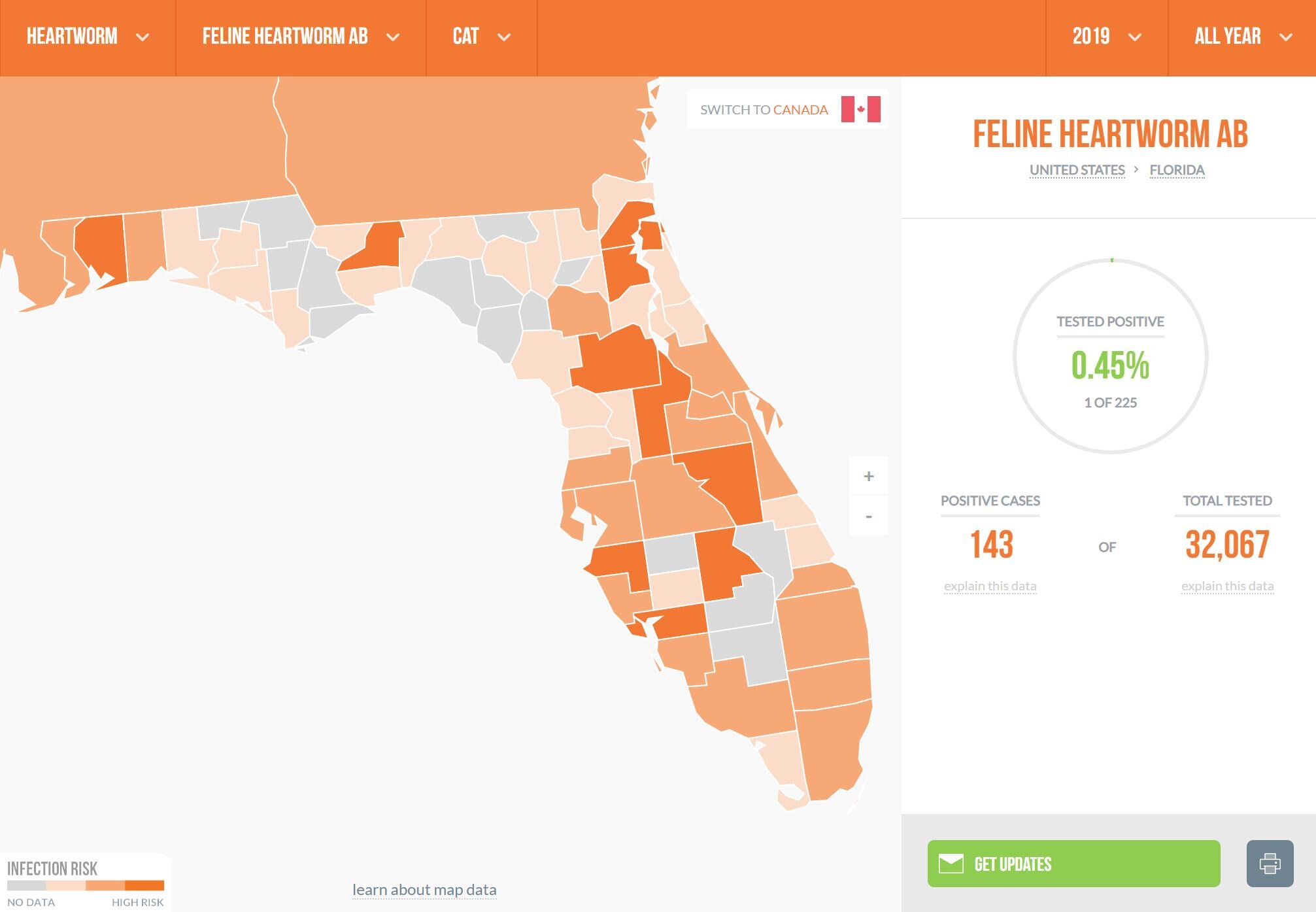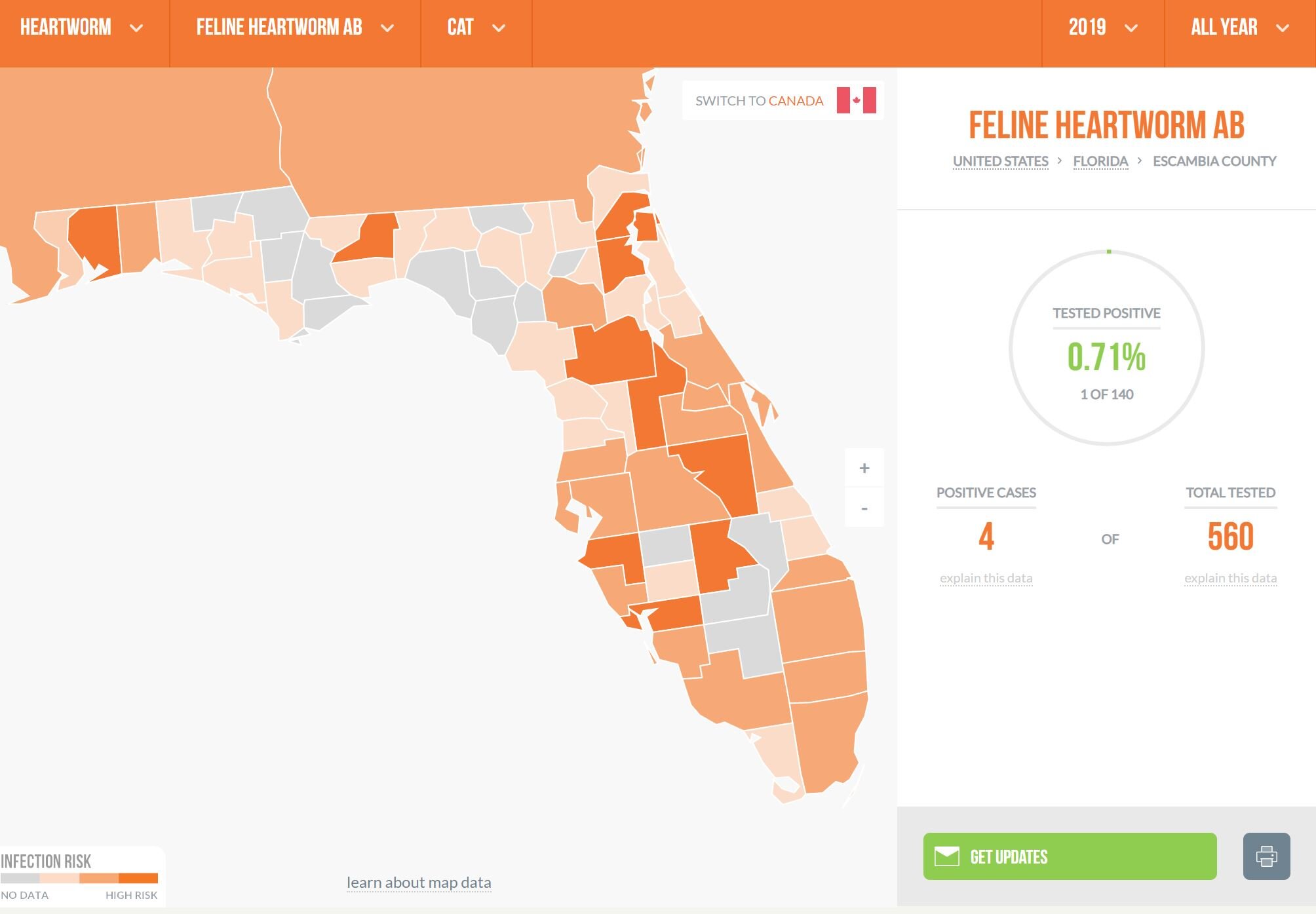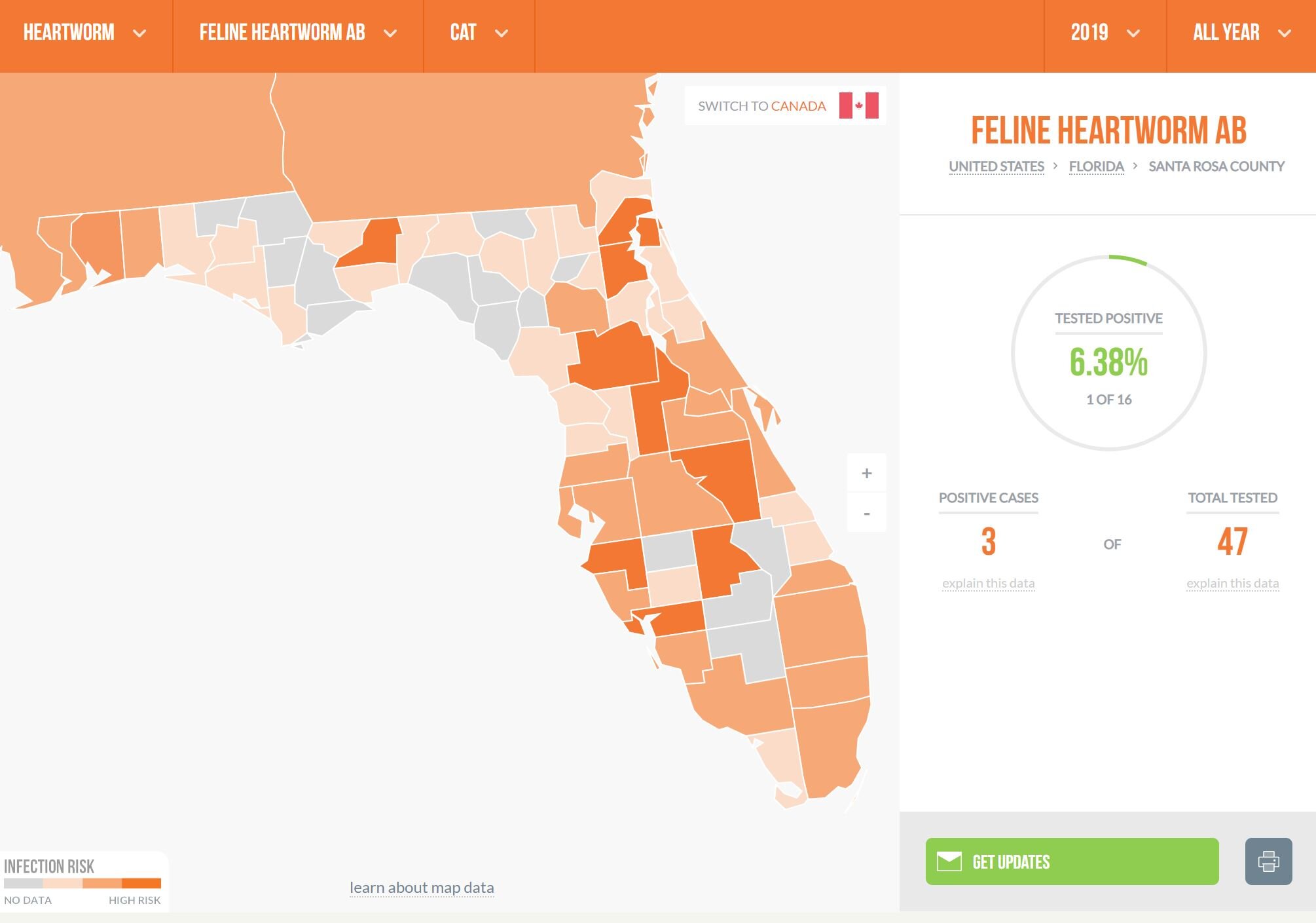Cat Adult Care (1-6y)
An adult cat is any age between 1-6 years old, and like kittens, they need to have care specially designed for them.
Vaccinations
Vaccinations are important in cats' lives because they protect them from disease.
The core vaccinations given are:
FVRCP (Feline Rhinotracheitis, Feline Calicivirus, and Panleukopenia)
Other vaccinations we recommend based on your cat’s lifestyle:
Intestinal Parasite Screening/Prevention
We check a stool sample for parasites the preventative medicine does not cover for, such as coccidia and giardia.
Heartworm preventatives also have intestinal parasite protection, so keeping your cat on a monthly preventative year-round will protect them against the most common parasites.
Diet
We use Science Diet Hill’s Adult or Healthy Advantage for our adult cats. These products have clinical trials backing them up and have been scientifically perfected for our adult cats.
Isolation/Feline Leukemia/Feline Immunodeficiency Virus (FIV)
Feline Leukemia and FIV are life-shortening diseases that are common in our feral cat population. We can vaccinate against Feline Leukemia effectively, but not against FIV.
We can test for FeLV and FIV as early as 9 weeks old.
Keeping your cat in your home will help lessen the chance of coming in contact with these illnesses.
Fleas/Tapeworms
Fleas are one of the most irritating parasites that we have in the South. Fleas can cause severe anemia, carry plague, and infect your cat with tapeworms. If your cat eats a flea, the flea may have a tapeworm infection that can be then passed onto your cat!
Vaccine Reactions:
Though rare, vaccine reactions can happen at any time. Normal vaccine reactions are sleepiness, soreness, and feeling lousy. True emergency reactions vary from swollen face, hives, vomiting, and diarrhea. In those cases, calling us at 850-479-9484 or the Veterinary Emergency Referral Center right away will help your pet in a timely manner.
What not to do/give:
It may be tempting to medicate our cat with human medication, but you would not be doing them any favors. Cats metabolize medications differently from us, so something mild to us could be toxic and deadly to them! If in doubt, always call us!
We know that chocolate is bad for cats, but did you know other foods like, grapes and raisins, are toxic too? Garlic, onions, and sugar-free gum are big issues with cats too!
If you suspect your cat has gotten into anything toxic, call the Pet Poison Helpline or the ASPCA Animal Poison Control Center ASAP!
Housebreaking/Behavior Issues
Click on each subject to learn more about them:
Home Dental Care
How to brush your cat’s teeth.
Yearly dental exams and professional cleaning.
Tooth Resorption
Grooming/Bathing
Although cats clean themselves, they may get into something they shouldn’t lick off.
Use a mild pet shampoo. These non-medicated shampoos will not strip the oils from the cat's skin and remove any flea prevention you may have applied.
Cleaning the ears in cat’s usually isn’t needed as frequently as dogs do, but if you need to get out the excess wax, cleaning the ears can be beneficial. We use Epi-Otic Advanced because of its gentle formula and drying action.
How to do a nail trim. Or, bring your cat to us for free nail trims!*
Anal Sac Expression. This is not as common in cats, but it is something to know about!
*Free nail trims as long as examination is current.
Breed Specific Issues
How well do you know your cat breed’s medical or behavioral issues? Click the link to find out more: CFA.
Flea and Heartworm Prevention Year-Round
Visit Companion Animal Parasite Council for more interactive maps.
We love it in the South, and so do the bugs!
Mosquitoes carry heartworm disease.
We never have a cold enough winter to kill the fleas and mosquitoes, so it is imperative that you keep your pet on prevention year-round.
Even if your cat is, “indoor only,” it only takes one mosquito to enter your home and infect your cat! Don’t risk it! There is no treatment for heartworm disease in cats and it is difficult to test for! Read about heartworm disease in cats here: Heartworm in Cats
Prevention is the key to keeping your pet safe. Check out Monthly Preventative options here: Monthly Preventatives.
Microchipping
Microchipping your cat can save its life! If your cat ever escaped and was picked up by Animal Control, the first thing they do is check for a microchip. Check out Home Again Microchipping!
Spay/Neuter
Annual Wellness Exams
At the yearly visit, we will update the vaccines we have received last year and check blood chemistries, complete blood count, and screen for parasites. This gives us an overall picture on what your pet’s health looks like.
Please feel free to refer back to this New Cat Guide whenever you wish.
We look forward to watching your cat grow.
~Davis Animal Hospital Staff





